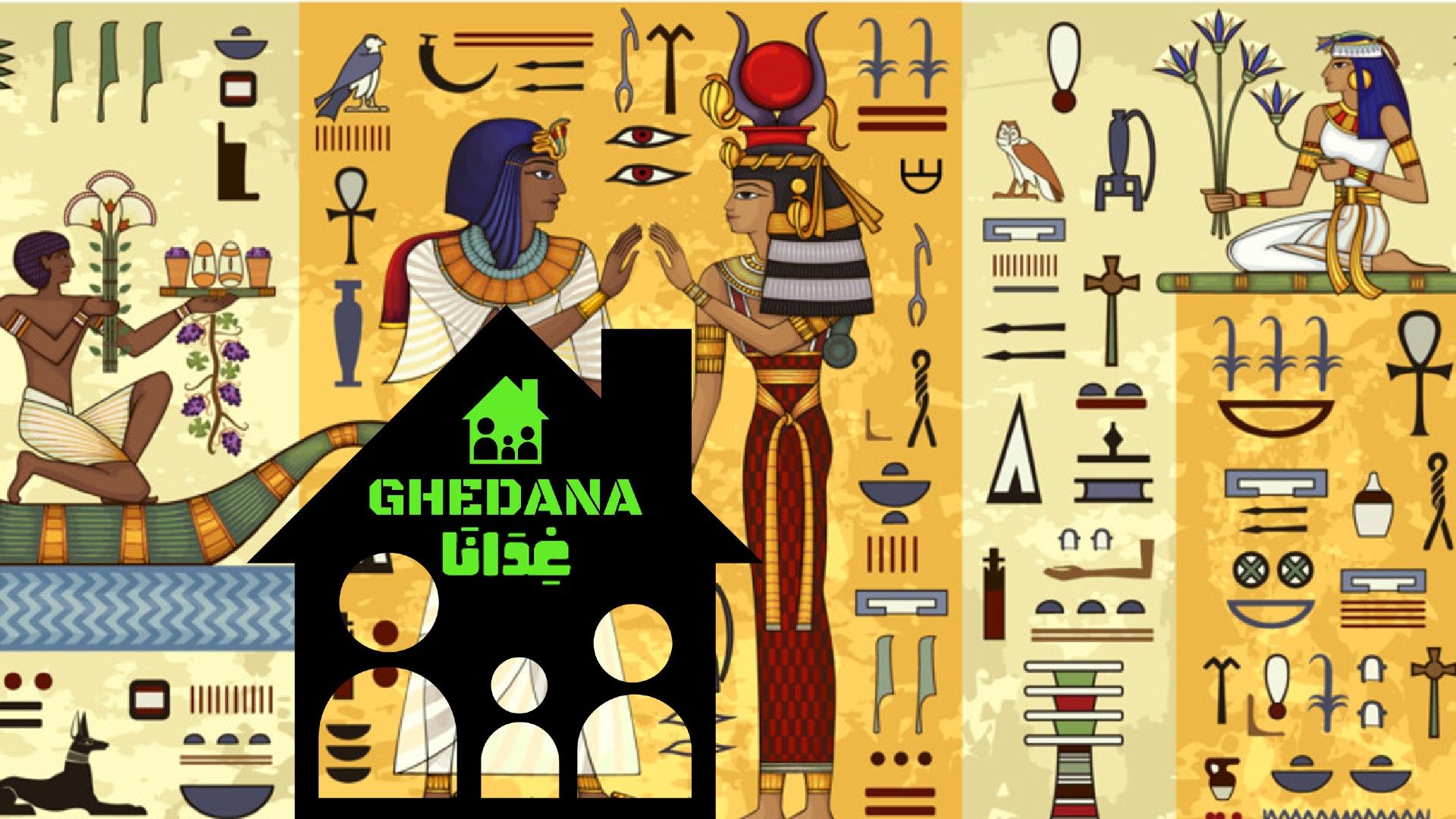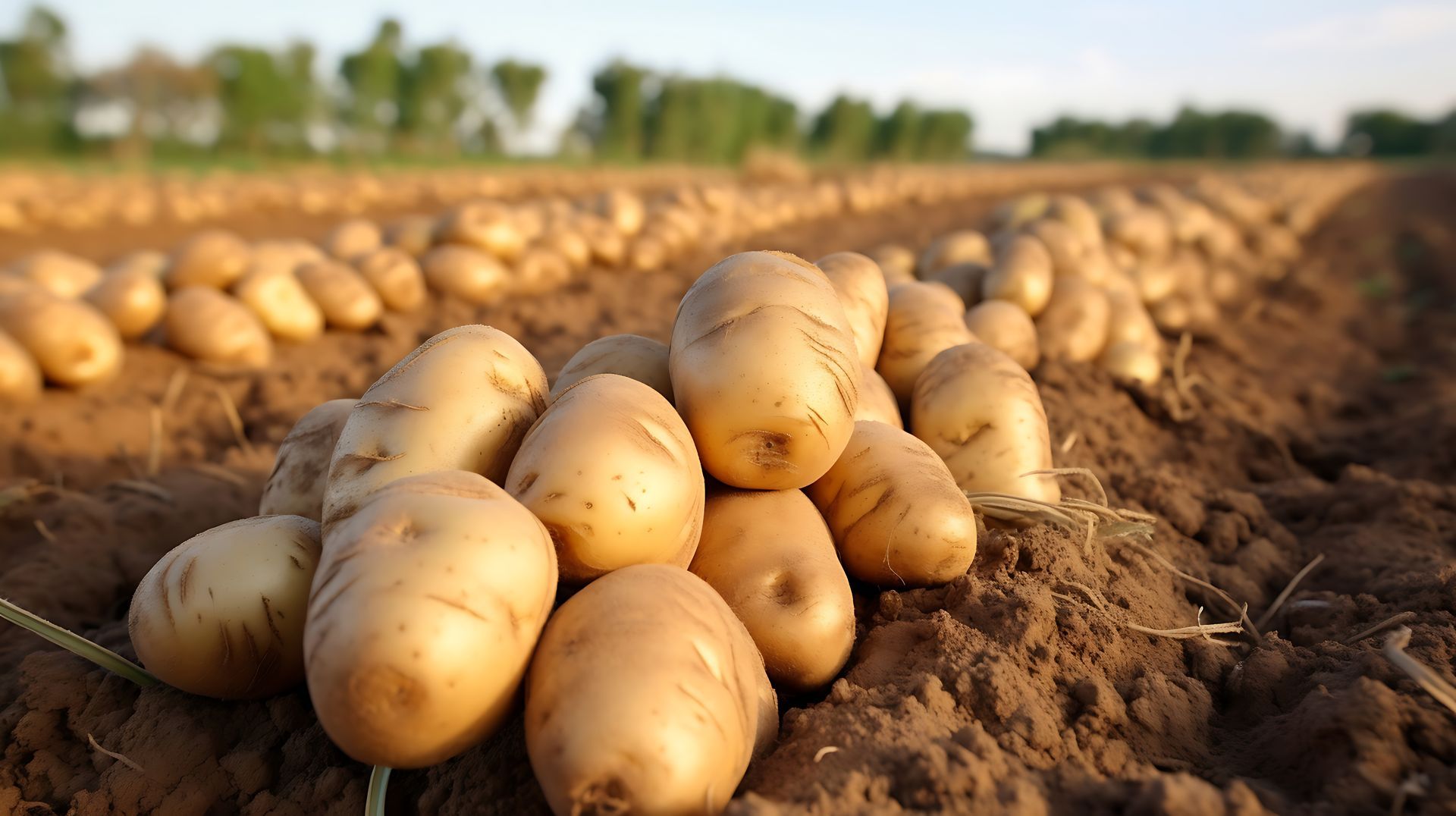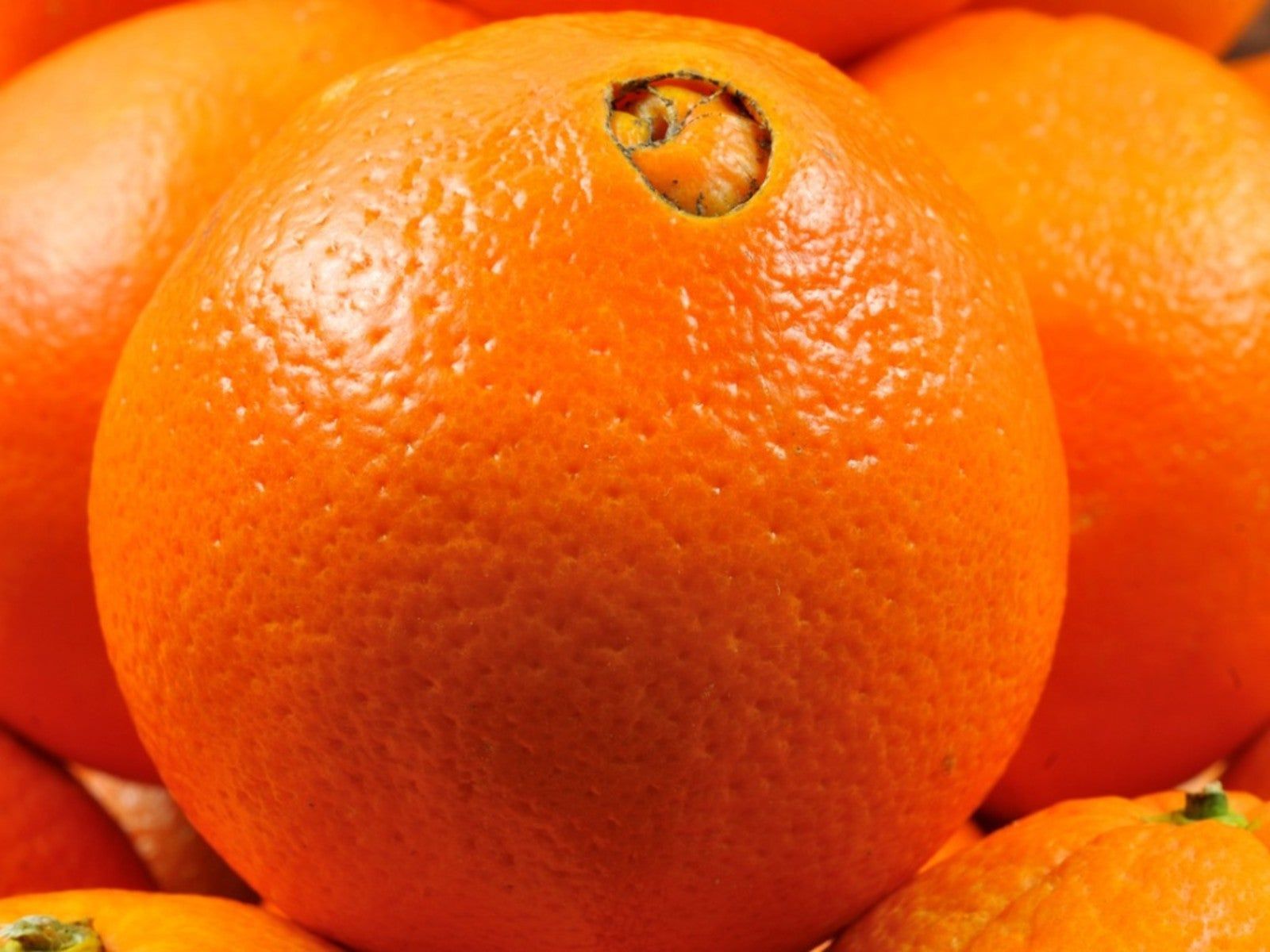Agriculture in Egypt: A Rich Heritage and a Promising Future
Agriculture in Egypt from the Pharos till today

Agriculture has been the backbone of Egypt’s economy for millennia. The fertile lands along the Nile River have sustained ancient civilizations and continue to play a crucial role in the country's economy today. This blog post explores the rich heritage of Egyptian agriculture, its current state, and the promising future that lies ahead.
The Historical Significance of Egyptian Agriculture
The history of agriculture in Egypt dates back to ancient times when the Nile River's annual flooding deposited nutrient-rich silt onto the surrounding lands. This natural irrigation system allowed early Egyptians to cultivate a variety of crops, establishing Egypt as a major agricultural hub in the ancient world. Crops such as wheat, barley, flax, and various fruits and vegetables were staples of the ancient Egyptian diet and were also traded extensively with neighboring regions.
Key Agricultural Products
1. Cereals and Grains
Wheat and rice are among the primary cereal crops grown in Egypt. Wheat, in particular, has been a staple for centuries, used to make traditional Egyptian bread known as "baladi bread." Rice is predominantly grown in the northern regions, benefiting from the ample water supply from the Nile Delta.
2. Fruits and Vegetables
Egypt is renowned for its production of a wide variety of fruits and vegetables. Citrus fruits such as oranges and lemons, as well as grapes, strawberries, and pomegranates, are significant export products. Vegetables like tomatoes, potatoes, and onions are also extensively cultivated and form a vital part of both the domestic diet and export economy.
3. Cotton
Egyptian cotton, known for its superior quality and long fibers, is one of the country's most famous agricultural exports. Often referred to as "white gold," Egyptian cotton is highly sought after worldwide for its softness and durability, making it a premium material for textiles.
4. Sugarcane and Sugar Beets
Sugarcane and sugar beets are essential crops for Egypt's sugar industry. The fertile lands and favorable climate conditions in regions such as the Nile Delta and Upper Egypt provide ideal growing conditions for these crops, supporting both local consumption and export needs.
Modern Agricultural Practices
In recent years, Egypt has made significant strides in modernizing its agricultural practices. Innovations in irrigation, crop management, and sustainable farming techniques are helping to improve yields and reduce environmental impact. Drip irrigation and the use of advanced technologies like precision farming are becoming increasingly common, optimizing water usage and enhancing productivity.
Challenges and Opportunities
Despite its successes, Egyptian agriculture faces several challenges. Water scarcity is a critical issue, exacerbated by climate change and increasing demand from a growing population. Land degradation and soil salinity also pose significant threats to agricultural productivity.
However, these challenges also present opportunities for innovation and improvement. Efforts are being made to develop drought-resistant crop varieties and to implement more efficient water management practices. Additionally, there is a growing focus on organic farming and sustainable agriculture to ensure long-term food security and environmental sustainability.
The Future of Egyptian Agriculture
The future of Egyptian agriculture is promising, with ongoing investments in technology, infrastructure, and education. The government and private sector are working together to enhance agricultural research, improve supply chain efficiencies, and expand export markets. These initiatives aim to increase agricultural productivity, improve livelihoods for farmers, and ensure food security for the nation.
Conclusion
Agriculture in Egypt is a story of resilience, innovation, and tradition. From its ancient roots along the Nile to its modern advancements in farming practices, Egypt continues to be a vital player in global agriculture. As the country navigates the challenges of the 21st century, the commitment to sustainable and efficient farming practices will be key to ensuring a prosperous future for Egyptian agriculture.
For wholesalers and traders looking to source high-quality agricultural products from Egypt, Ghedana is your trusted partner. With over 30 years of expertise in agricultural engineering and more than a decade in the import-export business, Ghedana offers top-quality Egyptian produce that meets the highest standards.
Contact Ghedana today to learn more about our premium products, including our renowned Egyptian mangos. Let's bring the best of Egypt's agricultural heritage to your market!
Visit ghedana.com for more information or call us on +971506559760




